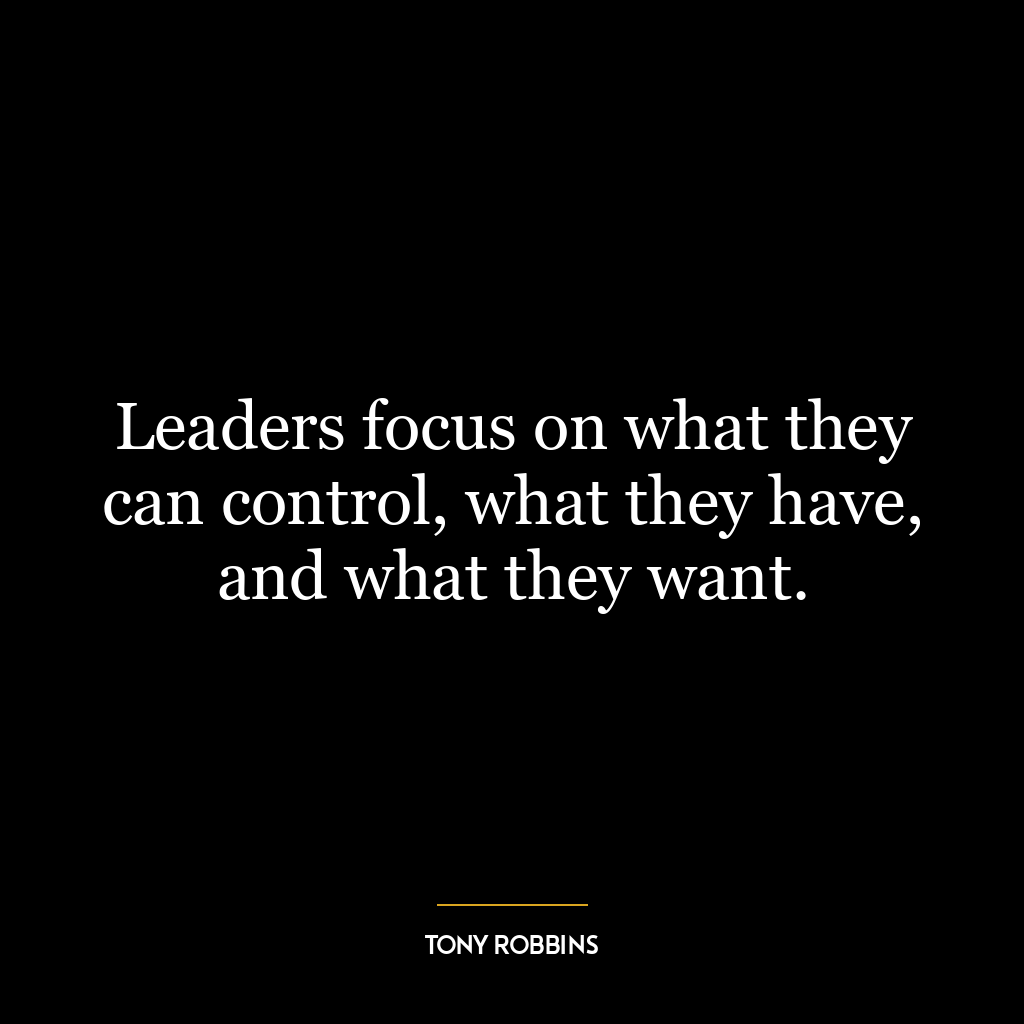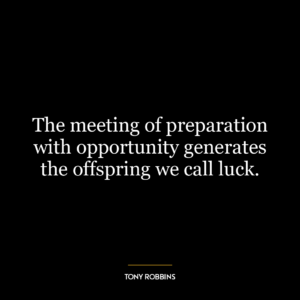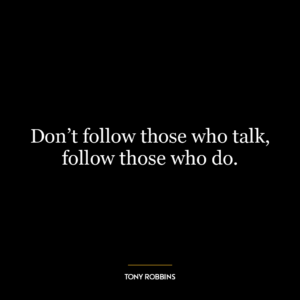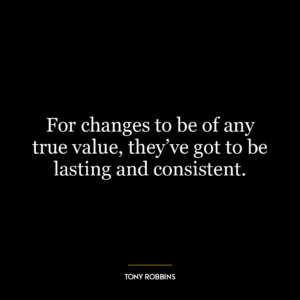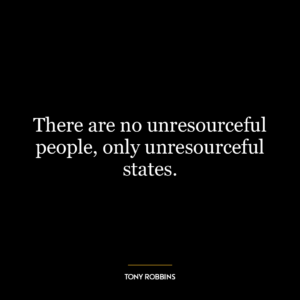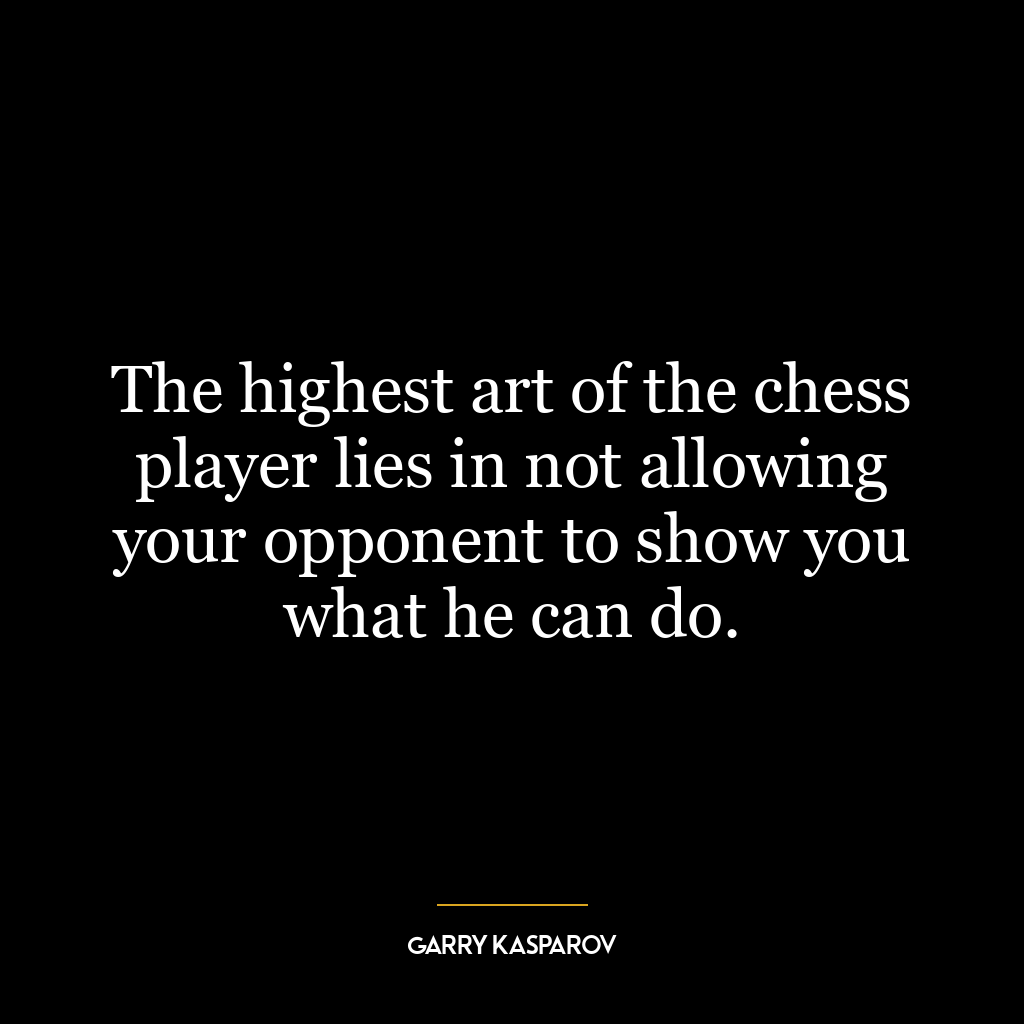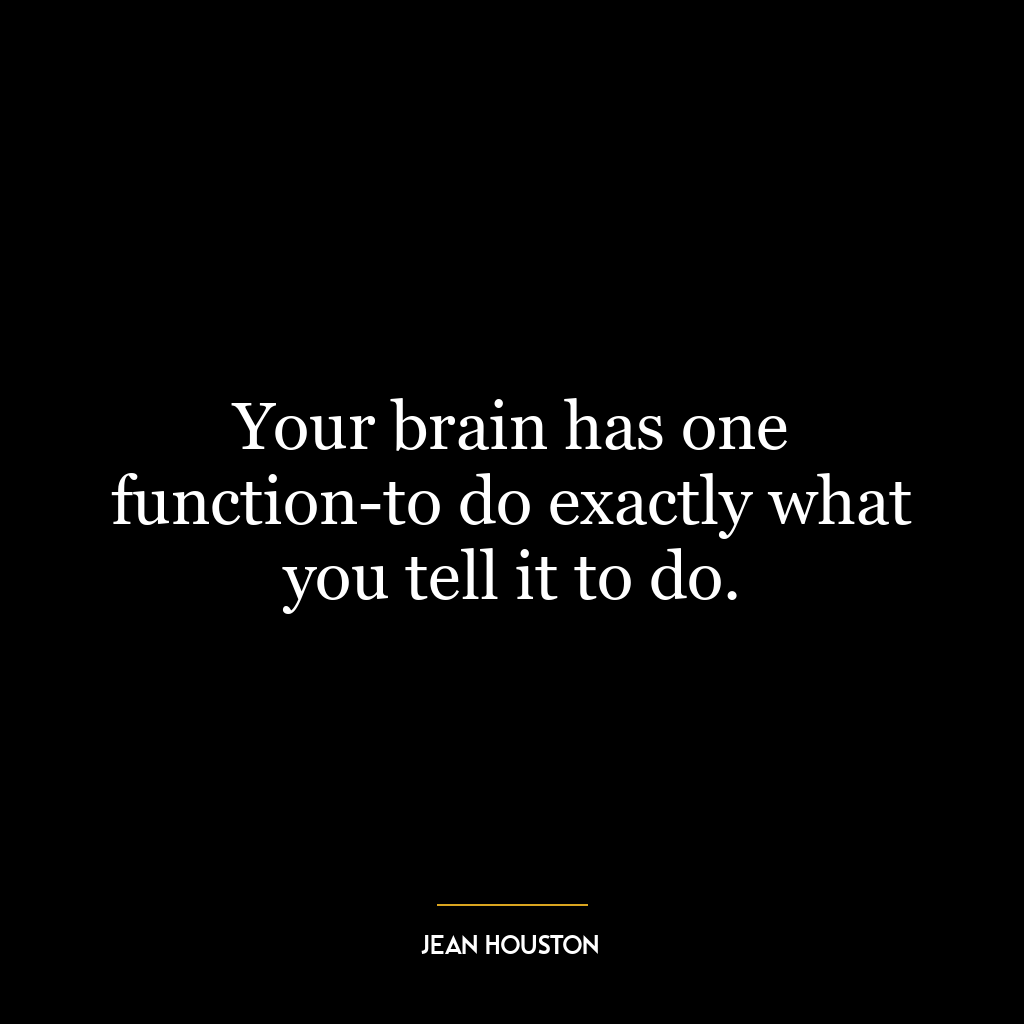Leaders focus on what they can control, what they have, and what they want.
This quote is a profound statement about the mindset and approach of effective leaders. It suggests that leaders concentrate on three primary areas: what they can control, what they have, and what they want.
The first part, “what they can control,” refers to the idea that leaders should focus their energy and resources on aspects of their lives or businesses that they can directly influence. This might be their own actions, the culture of their team, or the strategy of their organization. By focusing on what they can control, leaders can have a direct impact and avoid wasting time and energy on things beyond their control.
The second part, “what they have,” is about gratitude and resourcefulness. Leaders recognize and appreciate the resources, skills, and opportunities they currently possess. They don’t lament what they lack but instead, make the best use of what’s available to them. This mindset fosters creativity, resilience, and positive thinking.
The final part, “what they want,” speaks to the importance of having clear goals and a compelling vision. Leaders know where they want to go and keep their eyes on the prize. This clarity of purpose guides their decisions, motivates their teams, and helps them navigate through challenges and setbacks.
In today’s world, this idea is particularly relevant. We live in an era of rapid change and uncertainty, where many things are beyond our control. Yet, by focusing on what we can control, appreciating what we have, and pursuing what we want, we can still achieve great things.
In personal development, this quote encourages individuals to adopt a proactive and positive mindset. Instead of feeling overwhelmed by external circumstances, one can focus on personal growth, using existing resources, and pursuing meaningful goals. This approach empowers individuals to take charge of their lives and become the best version of themselves.

